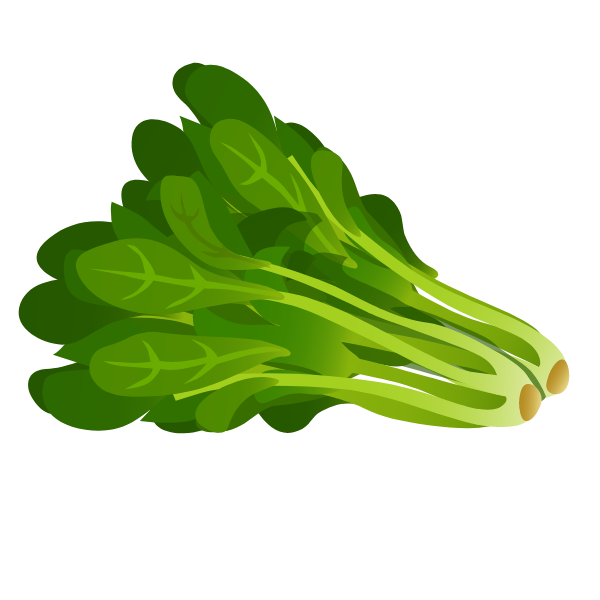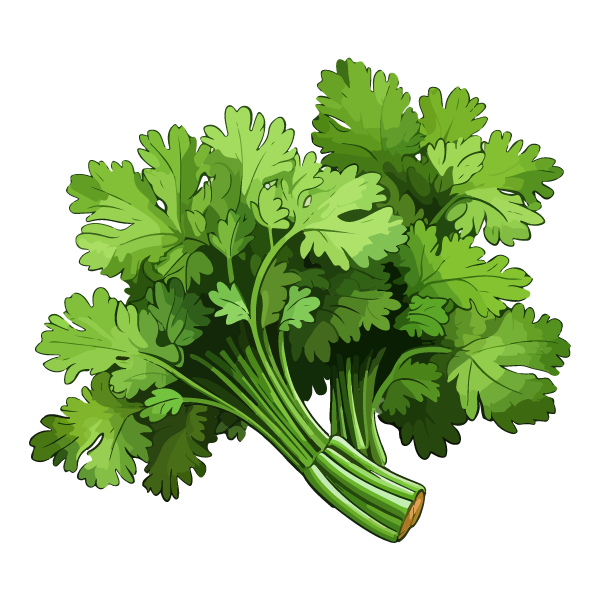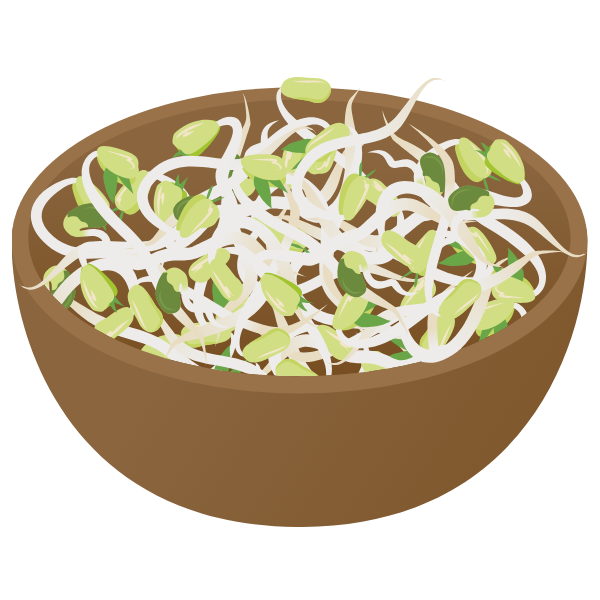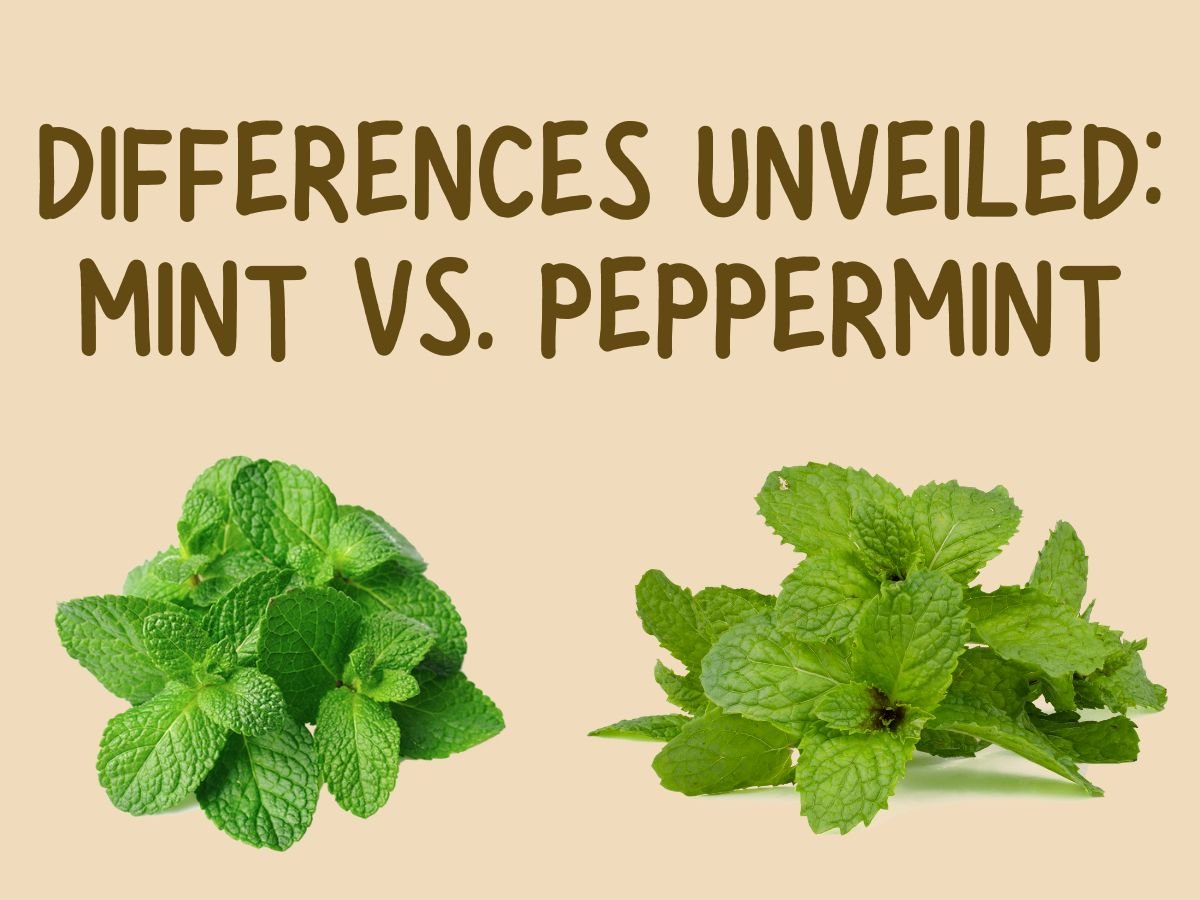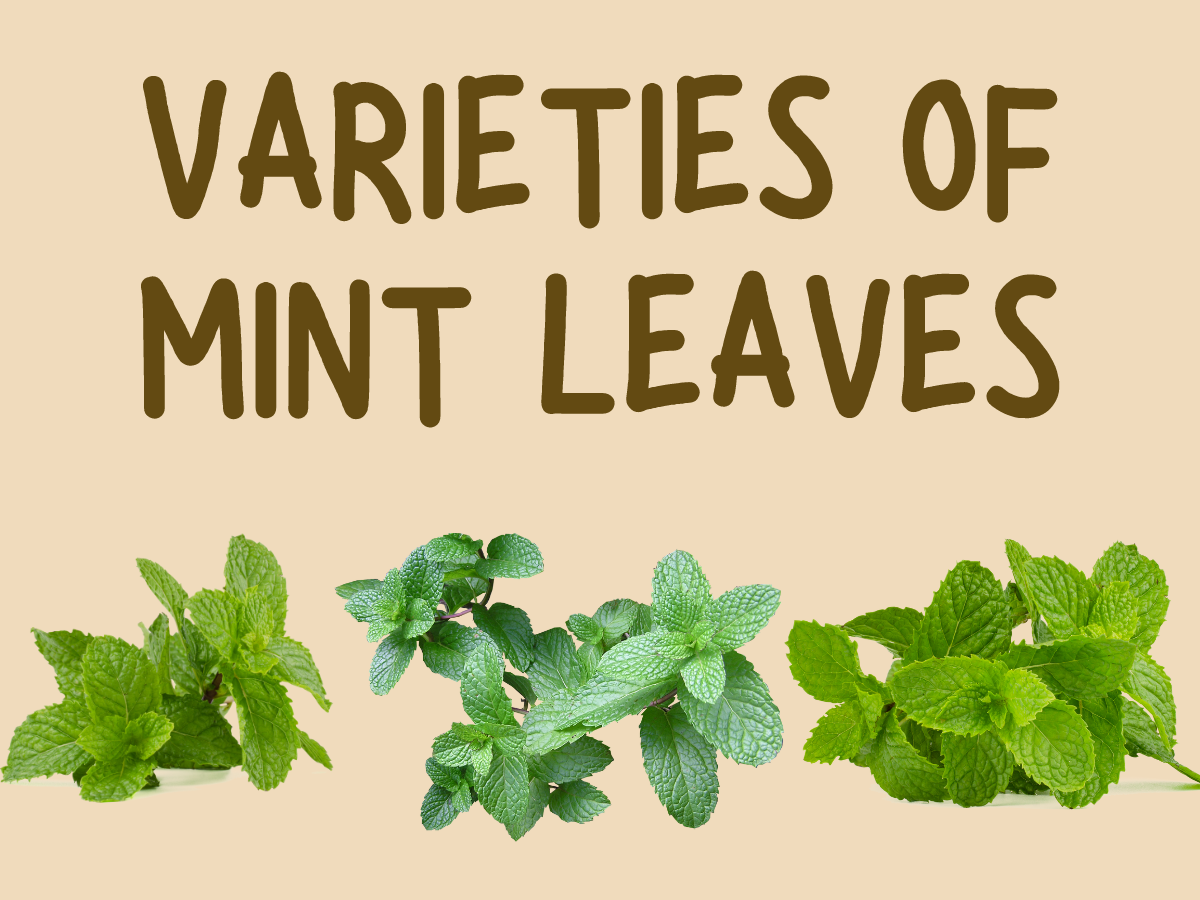Ah, the allure of mint. Its refreshing scent and invigorating taste have captivated palates for…
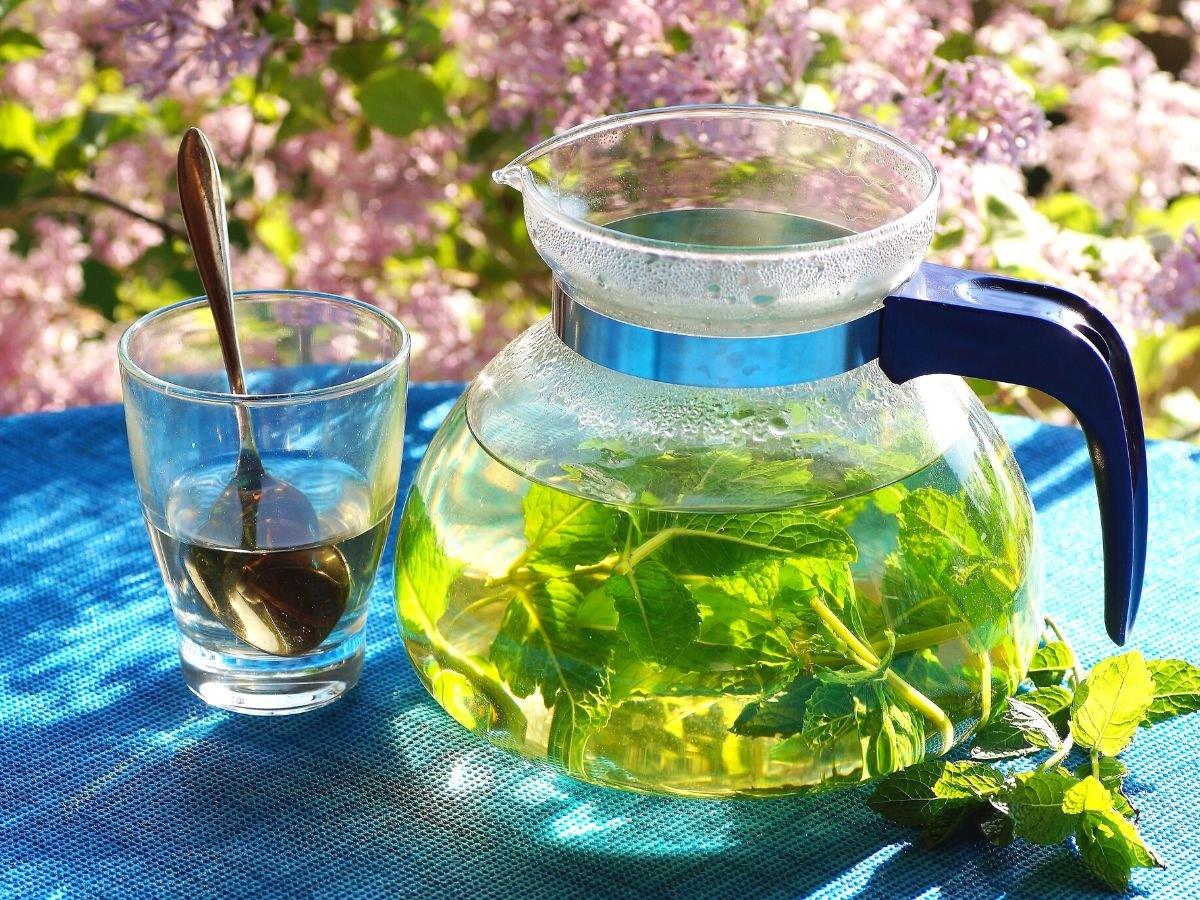
Mint Tea Benefits Recipes: Revitalize with Refreshing Flavors
Mint tea isn’t just a refreshing beverage; it’s a revitalizing elixir with a history as rich as its taste. Known for its invigorating aroma and countless benefits, mint tea has carved its place in cultures worldwide. Let’s delve into the myriad advantages and diverse recipes that make this herbal concoction a favorite among tea enthusiasts.
Introduction to Mint Tea
Mint tea traces its roots back centuries, originating in ancient cultures like Egypt and Greece. The infusion gained popularity for its distinctive flavor and medicinal properties. Varieties like peppermint and spearmint dominate the tea scene, each offering a unique taste profile and therapeutic benefits.
Health Benefits of Mint Tea
One of the standout features of mint tea lies in its health-enhancing properties. It aids digestion, alleviates stress, and boosts mental clarity. The natural menthol present in mint leaves is a renowned relaxant, easing tension and promoting relaxation. Moreover, its ability to improve focus makes it an excellent ally during demanding workdays.
Nutritional Value of Mint
Beyond their refreshing taste, mint leaves are packed with essential nutrients. From vitamins A and C to minerals like calcium and magnesium, mint contributes to a well-rounded diet and supports overall health.
Preparing Mint Tea
Brewing a perfect cup of mint tea involves simple yet crucial steps. Whether using fresh or dried leaves, steeping them in hot water for the right duration is key. Additionally, experimenting with honey, lemon, or ginger can elevate the flavor profile, enhancing the experience.
Recipes for Mint Tea
While the classic mint tea recipe is a timeless favorite, exploring variations can be an adventure. From adding fruits like berries to infusing spices or opting for a chilled version, the possibilities are endless. Each variation offers a distinct taste, catering to diverse preferences.
Mint Tea in Different Cultures
Across cultures, mint tea holds special significance. From the Moroccan tradition of serving mint tea as a symbol of hospitality to its role in Middle Eastern ceremonies, it bridges cultural gaps and fosters connections.
Mint Tea for Skincare
The benefits of mint tea extend beyond consumption; its properties are advantageous for skincare. Its antibacterial and anti-inflammatory attributes make it a popular choice for DIY face masks or toners, promoting radiant skin.
Side Effects and Precautions
While mint tea offers numerous benefits, excessive consumption can lead to adverse effects, especially for individuals with specific health conditions. People with gastroesophageal reflux disease (GERD) or a history of kidney stones should moderate their intake.
Conclusion
Revitalize your senses and nurture your well-being with the refreshing goodness of mint tea. Its unique blend of taste and health benefits makes it a versatile beverage, perfect for any occasion. Embrace this herbal elixir to rejuvenate your body and mind.
FAQs
- Can mint tea help with indigestion? Mint tea can aid digestion by relaxing stomach muscles and promoting the flow of bile.
- Is it safe to consume mint tea during pregnancy? Pregnant women should consult their healthcare provider before consuming mint tea, especially in large amounts.
- How often can I drink mint tea? Moderation is key. Consuming 1-2 cups a day is generally considered safe for most individuals.
- Can mint tea help with bad breath? Yes, the natural properties of mint can freshen breath and combat bad odors.
- Does mint tea contain caffeine? Mint tea is caffeine-free, making it a suitable choice for those seeking a caffeine-free beverage option.







